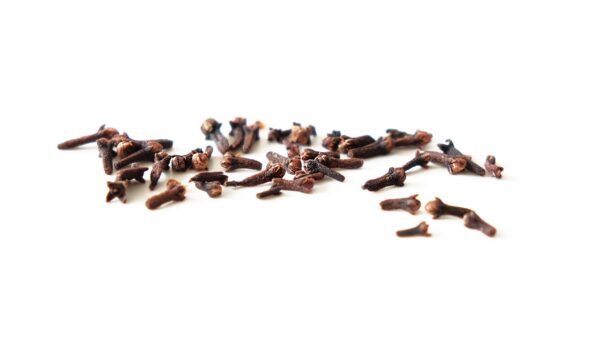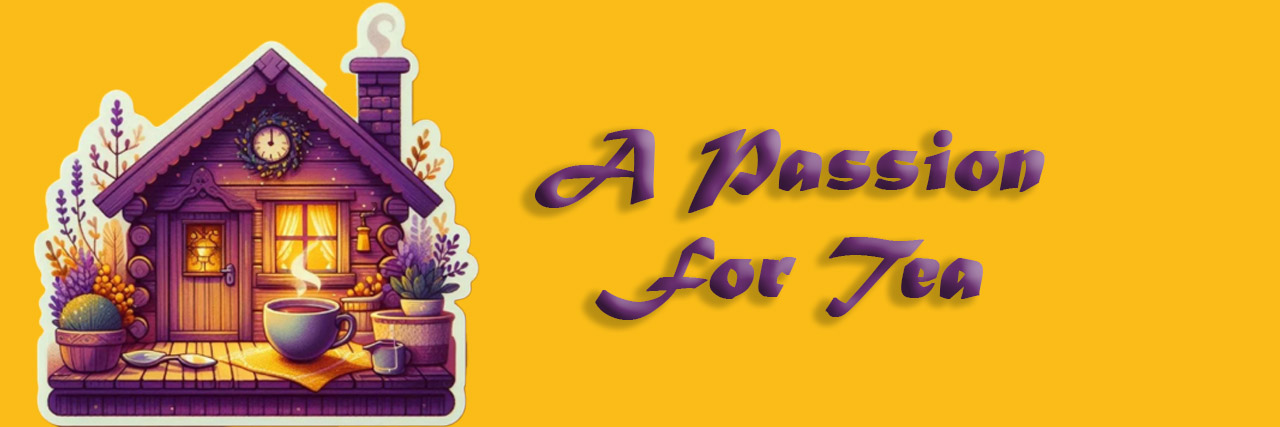
f you’ve ever opened a spice jar of cloves, you know how powerful their aroma is—warm, slightly sweet, with a kick that feels almost medicinal. Turns out, that little spice can do more than flavor your holiday ham. Brew it into a cup of clove tea, and you’ve got yourself a cozy, health-boosting drink that’s been used for centuries in traditional medicine. Let’s walk through how to make it and why you might want to sip it regularly.
How to Brew Clove Tea
Making clove tea is super simple. Here’s the basic recipe:
Ingredients:
- 4–6 whole cloves (or ½ teaspoon ground cloves if that’s all you have)
- 1 cup water
- Optional add-ins: cinnamon stick, slice of ginger, honey, or lemon
Steps:
- Boil the water.
- Add the cloves and let them simmer for 5–7 minutes.
- Strain the tea into your favorite mug.
- Sweeten or spice it up with honey, lemon, or cinnamon if desired.
Pro tip: Whole cloves give a smoother flavor, while ground cloves make a stronger, spicier brew.
Benefits of Clove Tea
So why should you bother brewing clove tea instead of sticking with your usual Earl Grey or chamomile? Here are some of the perks:
- A Natural Digestive Aid
Clove tea can help ease bloating, gas, and indigestion. In many cultures, cloves are chewed after meals to freshen breath and soothe the stomach. - Anti-Inflammatory Power
Cloves contain a compound called eugenol, which has anti-inflammatory properties. This makes clove tea a soothing choice if you’re dealing with joint pain or sore muscles. - Cold and Flu Relief
That strong clove aroma is more than just comforting—it can actually help clear congestion and soothe a sore throat. Many people drink clove tea during cold season as a natural remedy. - Supports Oral Health
Cloves have natural antibacterial properties. While clove oil is famous for toothache relief, clove tea can also help promote fresher breath and healthier gums. - Rich in Antioxidants
Like most spices, cloves are loaded with antioxidants, which fight free radicals and support overall health.
A Few Things to Keep in Mind
- Clove tea is strong! Start with a light brew if you’re new to it.
- Too much clove can upset your stomach or thin your blood (thanks again to eugenol), so enjoy in moderation.
- If you’re pregnant, nursing, or on medication, check with your doctor before making clove tea a daily habit.
Purchasing Cloves for tea
I am using this brand to create my own clove tea:
Affiliate Links
This post contains affiliate links, which, if clicked on and an item is purchased, I receive a small commission. -Shirley
Final Sip
Clove tea is spicy, warming, and surprisingly versatile. Whether you’re fighting off a sniffle, trying to calm your digestion, or just want something a little different in your mug, clove tea is worth a try. Pair it with honey and lemon for a soothing evening drink—or add ginger for a spicy kick that wakes you right up.


I’ve been experimenting with different teas lately as I try to cut back on coffee, and clove tea sounds like such an interesting option. I love that it’s not just flavorful but also has so many potential health benefits, especially the digestive and anti-inflammatory ones. That makes it feel like a treat and a wellness boost at the same time.
Have you ever thought about blending cloves with other invigorating herbs, like green tea or yerba mate? It could create a delightful balance of flavors along with a gentle caffeine kick!
I’m definitely inspired to whip up a batch of clove tea, especially with some ginger and honey to add a little zing and sweetness. I can’t wait to try it and see how it turns out!
Alyssa thanks for reading my post and your comment. I’m combining my teas with various other herbals mostly and making cold tea. Yesterday it was lavender I tend to use non caffeine herbals myself so I don’t satay awake all night. I asking live organic tumeric and ginger with cinnamon. That’s my favorite tea to get rid of inflammation. Thanks again. – Shirley
I absolutely loved how you broke down both the brewing method and the benefits—clove tea really is one of those underrated gems! I especially appreciated the practical tips: using whole cloves for a smoother flavor and keeping it simple with optional ginger or honey.
I’ve seen a few people mention using clove tea after meals to aid digestion, calm bloating, and even help with glucose regulation. Does your recipe timing (like some say drinking it post-meal) make a kettle-full difference in comfort?
Also, I’d love to know: do you have a favorite time of day you enjoy it (morning for energy, or evening for relaxation)? And have you tried pairing it with other spices—maybe cinnamon or orange peel—for extra flavor layers?
Thanks again for such a welcoming, practical post—I’m definitely bookmarking it and planning to brew a cozy cup tonight!
Leahrae, thanks for your comment. I use honey, lemon, juice, cinnamon, and I like to add a little real butter instead of cream. I haven’t used orange zest yet but I need to try that. I drink tea anytime of the day. I have oodles of different teas. I love to try different kinds. Thanks again-Shirley